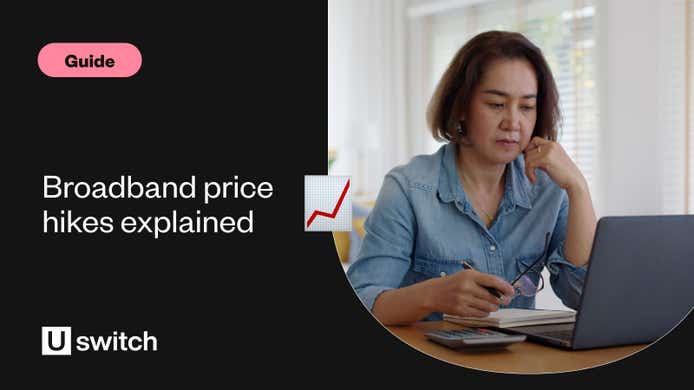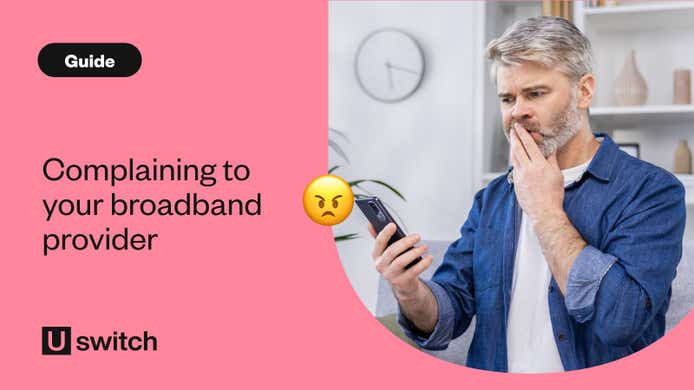What is a fixed price broadband deal?
A fixed-price broadband deal is a broadband package that won’t go up in price during your contract.
They’re offered by providers that have committed to no in-contract price rises for their customers - something that most of the bigger brands do not do.
With a fixed-price deal, the monthly price you choose when you’re signing up is the same monthly price you’ll pay for the entire length of your contract.
There’s no unexpected bill increase, or any terms and conditions that lock you into a price rise every year, until your contract comes to an end when you're free to re-contract or switch away.
Why aren’t all broadband contracts fixed price?
Most broadband deals are advertised with a monthly price that you have to pay for a period of 12 months, 18 months or 24 months. Some deals are available on a 30-day (or ‘no contract’) basis, but most people choose a contract.
You’d expect that means you pay a set monthly rate for the length of time you signed up for. However, that's not the case - most broadband providers will still increase your monthly price once per year in April.
These price rises could take two forms:
1. Inflation-linked price rises
Most providers have historically raised their prices at the rate of the Consumer Price Index (CPI) or the Retail Price Index (RPI) announced at the beginning of each year. This would come with an additional price increase on top set by the provider itself - usually between 3-4%.
In 2025, based on the 2.5% CPI inflation rate figure announced in January, April price hikes from providers like BT, Plusnet, Vodafone and EE amounted to 6.4%.
2. Fixed price increases
UK regulator Ofcom has recently ruled that anyone signing up to a new broadband contract must instead have a fixed, flat-rate price increase stated in pounds and pence.
Many providers started adopting this in 2024, but the final deadline Ofcom set for this was 17 January 2025. So if you've switched or contracted recently, you may be on this price rise policy instead of an inflation-linked one.
Most providers have committed to a £3 per month price increase every April, although Virgin Media's price increase is £3.50.
Can I leave my contract if my price goes up?
Unfortunately, since these price rises are included in both the providers’ terms and conditions, and in a one-pager before you purchase the deal, you can’t leave your contract for free if your price goes up.
You’ll either have to wait until your contract expires or pay some potentially expensive exit fees to leave your current agreement early.








